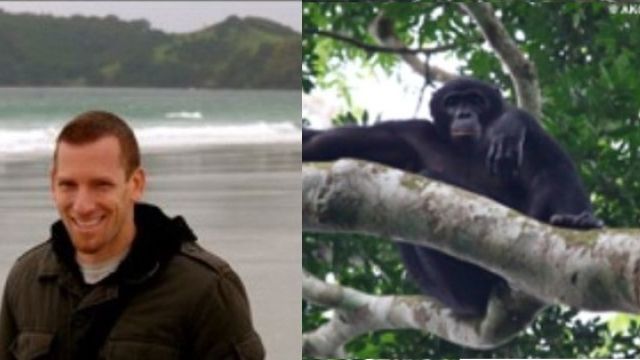Ape social systems and the extended evolutionary synthesis

The superfamily Hominoidea is characterised by several distinctions including varied patterns of complex social arrangements that extend beyond relatives, beyond sociosexual relationships, and beyond the immediate social group. In addition, our understanding of intraspecific variation suggests an evolutionary history of expanding behavioural plasticity in response to variable ecological and social selection pressures.
The variation is likely related to resource distribution, population density, and individual social relationships both within and between social groups. In this talk I summarise studies on hominoid ecology and social behaviour to elucidate the commonalities and differences among taxa. Ecological inheritance and niche construction can occur via behavioural action, and I suggest that, as such, standard evolutionary theory (SET) fails to explain the complexity of hominoid social systems. I propose that there is value added to the discipline of primate socioecology by identifying underlying tensions and differences in assumptions between SET and the extended evolutionary synthesis (ESS).
Dr Nicholas Malone is an anthropologist with a broad interest in the social and ecological lives of primates, especially those of apes and humans. Specifically, he seeks to understand how the observed patterns of variability within and between taxa are simultaneously shaped by, and act as shaping factors of, evolutionary processes. Additionally, Nicholas strives to contribute to primate conservation through a commitment to engaging with local and extra-local efforts. Finally, Dr Malone wishes to situate the study of primates within the broader contexts of anthropology, history, and research ethics. His writing is informed by research experiences in Indonesia and the Democratic Republic of the Congo.
Location
Seminar Room 2/3 , 120 McCoy Circuit, 2600 Canberra
Speaker
- Dr Nicholas Malone, University of Auckland
Contact
- Dr Justyna Miszkiewicz02 6125 9295